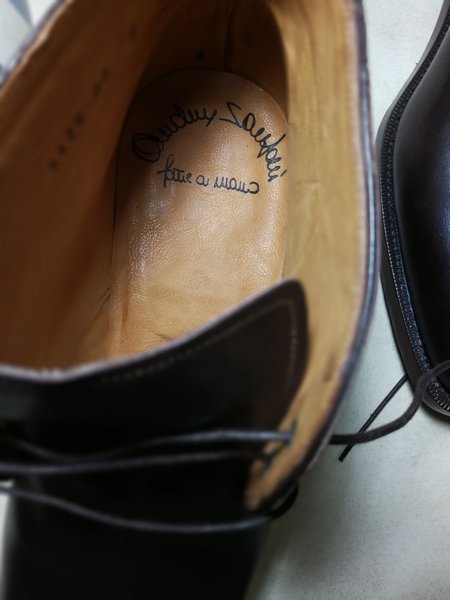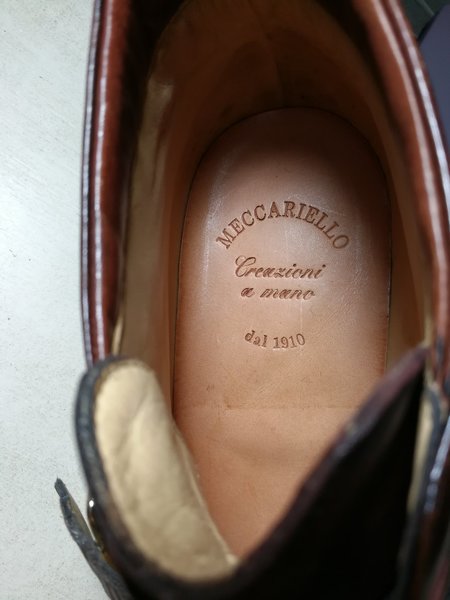- Joined
- Mar 8, 2002
- Messages
- 57,567
- Reaction score
- 36,414
I deliberately took something other than shoes as an example, on purpose, so that we could discuss this without anyone getting emotionally charged.Not going to try to gainsay you but I suspect it all comes down to how you define "great product." So and so say they make the finest shoes in England..." AFAIK, they are all GY.
Are they the finest shoes in England? What about James Duckers shoes? Or Lobb's of London shoes? I guess we just dismiss them and the many other bespoke makers in England. Is it deceptive advertising? Or willful forgetfulness/blindness in that they are indeed dismissing the others. Or is it simply that their definition of "great product"/ "finest shoes" is so dumbed down that they actually believe it?
Beyond that, the money or shoes dichotomy is a metaphor (and I have said this many times) for the real dichotomy between the demand to maximize profit and the desire to maximize quality. By definition you can't maximize both at the same time...you cannot have two Job Ones. One is Job One and the other is Job Two. By definition.
And the decision trees are different depending on which is Job One and which is Job Two. Choices made early in the decision tree will unalterably affect choices, and even available choices later on.
But, let's pretend that you are not semi-retired, and you are in your prime, and you have trained a small atelier of shoemakers, all of who can make shoes to the highest level possible. And you have a top notch stylist and designer who works with you to make sure that your shoes are not only incredibly crafted, but also extremely desirable by the richest shoppers around the world. And imagine that you have a business partner who is also a great marketer, who makes your shoes the most desirable shoes to have, amongst the richest men and women on earth, and to whom paying $10K, $100K, for a pair of shoes, and so many of them want to order them that you have to limit how many they can order at any one time, and even then, they have to wait for years to get their product.
Bam, you are a rich, rich man, without ever having to compromise your quality. In fact, there is good reason to never compromise your quaity. That other companies may have chosen a different route means nothing.
![Crackup[1] :crackup: :crackup:](/styleforum_ads/smilies/crackup[1].gif) ) The "money or shoes" thing is based on what I know about leather and techniques and the Traditions and historical facts of the Trade--the ongoing, accelerating, loss of almost every level...from apprentice to master...of skilled bottom men in the Trade.
) The "money or shoes" thing is based on what I know about leather and techniques and the Traditions and historical facts of the Trade--the ongoing, accelerating, loss of almost every level...from apprentice to master...of skilled bottom men in the Trade.









